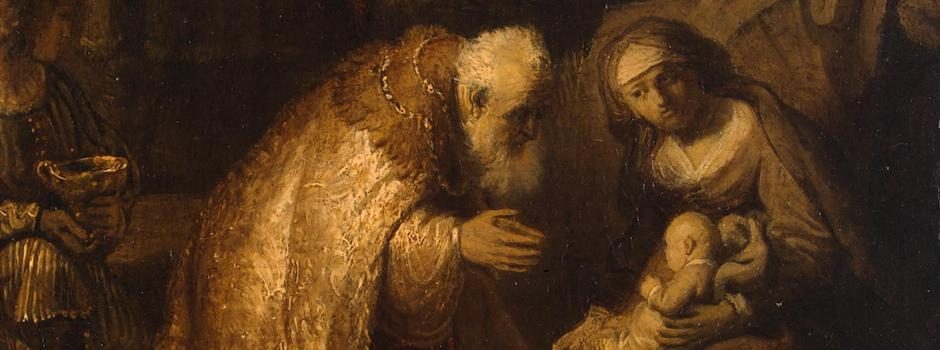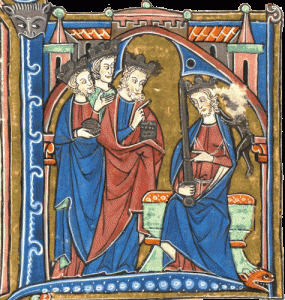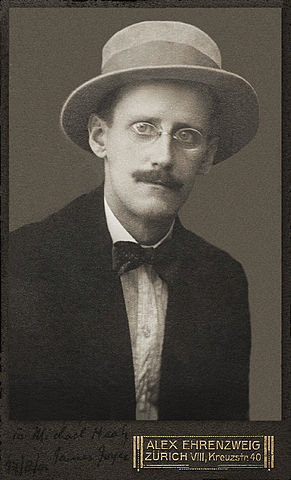If you wish, you can hear this sermon as it was preached in the pulpit of the United Church of Jaffrey. Simply click to the play button below.
Delivered at the United Church of Jaffrey
on January 7th, 2018
Psalm 72:1-7 | Matthew 2:1-12.
Words
“Epiphany”
What a beautiful word…
Epiphany
I’m a “word guy.”
You’ve probably figured that out by now.
There’s almost nothing I love more than a great word!
Except maybe a handful of them, strung together in an interesting way.
I love that even more.
I’ve pretty much dedicated my life to arranging words into little rows…
It’s a wonderful and mysterious practice that always yields surprising results when, eventually, I discover what these carefully arranged words have to say for themselves.
You may object.
“Surely writer’s know what they want to write before they start writing?” you protest.
This may be true if you are writing a grocery list.
But if you endeavor anything more serious than a to-do list, then, I insist — and I think I am not alone in this — writing is not a process of recording what you believe…
It is a process of discovering what you believe.
The process of writing reminds me that belief, too, is a process.
There!
Writing down these ideas, I have stumbled upon a point for one of my favorite soap-boxes: the “why religion is important” argument.
For much of human history everyone was religious, and religious institutions like the church were the center of power and wealth.
Preachers, at such times, were the mouthpieces of the status quo.
But that is not the case today.
A lot of kids have conflicting sports practices, and most young adults think religion has nothing to do with their lives, and so they don’t even consider taking the trouble, on a Sunday morning, to come to church.
In consequence, we preachers are obliged justify ourselves by making the “Why bother with religion” argument.
Well… here’s the point that I just stumbled on…
I believe religion is an essential part of human life because, when we call ourselves a religious people, we are acknowledging that we are always in search of truth.
Just like a writer who arranges words, not to record, but to discover what he or she believes…
A person of faith is a person whose life, is dedicated to the discovery of truth.
Religion, at its best, is a lifelong narrative of discovery.
Sometimes we discover truth gradually
And sometimes it comes to us suddenly.
“Wise” Men?
Epiphany
Like all great words, the word “epiphany” has a history…
and with that history comes layers of meaning.
The english word “epiphany” comes down to us from earlier French and Latin versions — but the original was the Greek — epiphaneia.
Epi meaning “onto” and phaneia meaning “to show.”
Originally, then, epiphany meant an “appearance” or a “showing.”
And the reason we are talking about this word, this morning, is because this Sunday — as you can see from top of your Bulletin, is the
First Sunday after Epiphany.
The feast of Epiphany, celebrated by Christians all over the world, traditionally takes place on the 6th of January — that is — yesterday.
Since it occurs shortly after Christmas, Epiphany is the third season of our church year.
During Advent, we anticipate the birth of the Christ child…
During Christmas, of course, we rejoice at Christ’s birth…
What, then, is Epiphany?
According to tradition, Epiphany celebrates the part of the story when the wise men come and pay homage to the Christ child.
And that, of course, is why Bob just read us that story.
The basics of this story are known to all of us — if you went to Sunday school, you know it like the back of your hand.
An unusually bright star appears in the sky.
Some wise men come from the East following the star.
The text tells us that when these wise men saw the star,
“…they rejoiced exceedingly with great joy; and going into the house they saw the child with Mary his mother, and they fell down and worshiped him.”
That’s the Sunday school version.
But woven into this story, is another story — one of political intrigue that sounds less like Sunday School and more like Game of Thrones.
When the wise men arrived in Jerusalem, they asked around — “Where is he who has been born king of the Jews?”
Maybe they weren’t so wise after all — or at least not street smart, because all this asking around tipped off King Herod, who was not all that pleased to hear about the birth of a new “king.”
The text says that Herod then “summoned the wise men secretly” and, again, they rather unwisely, spill more beans.
Herod instructs them to find the child, and inform him of the whereabouts of the child so that he to could come and worship him.
Is it possible that the wise men really don’t recognize Herod’s motives?
At the end of story, we are told that the wise men are “warned in a dream not to return to Herod…” a detail that reinforces the interpretation that, indeed, the wise men really were so dim-witted that they did not to see through Herod’s schemes!
So why do we call them wise men?
Where is their wisdom?
Epiphany!
Epiphany
In addition to its religious meaning, this word has also been used as a literary term. The famous Irish author, James Joyce is particularly known for his use of “epiphany.”
In his stories, James Joyce skillfully created the conditions that allowed his characters to look at something that is totally normal, and see it instead, as something beautiful — something radiant.
The beauty, and the radiance comes from the essence of the thing — its soul, its integrity — the way in which the thing mysteriously contains a meaning — or a truth — far beyond itself.
When we speak of epiphany in this literary sense, we are not talking about the essential truth of the thing perceived, but rather the perception itself.
The epiphany, is not the beauty, it is the experience of beauty.
And a person’s capacity to have this experience is, perhaps, the testimony to that person’s delicacy of emotion – the strength of their faith, the depth of their wisdom.
So this, then, may be the way that we can restore the adjective “wise” to these followers of the star.
They may not have been worldly wise to the wiley ways of tyrants, but they were men who had enough faith to follow a path they did not fully understand, to a conclusion that utterly transformed them.
They were open…
Vulnerable…
Keenly sensitive to essence of things…
So that when they found that most normal of things — a mother with her child
They did not see a mother and a child
They saw something essential
Something divine
Something that changed them forever.
Epiphany!
This story reminds us that, as people of faith
We must be open
So that when the narrative of our lives
Gives us a star, we follow it,
And when we arrive at the place beneath the star
We are vulnerable to the essence of things we find there.
Amen



